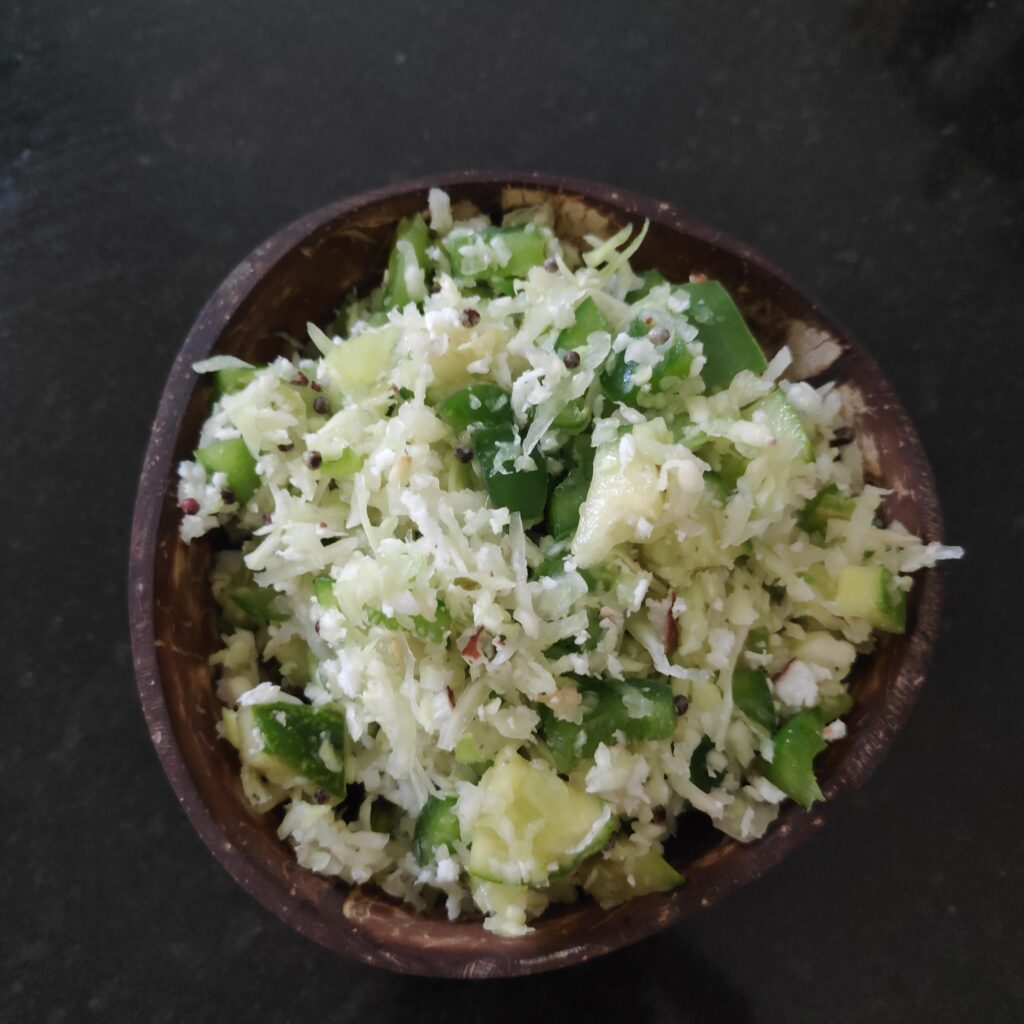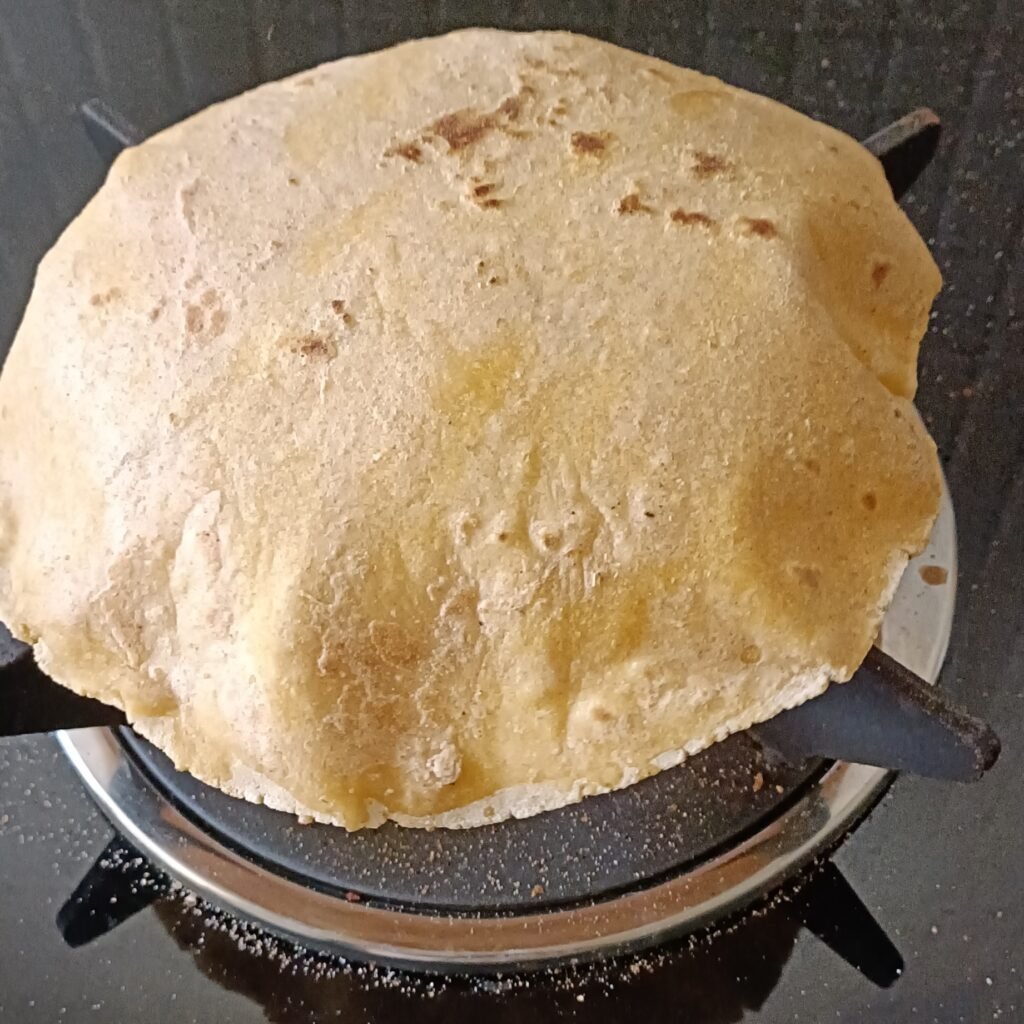
Gobi Shimla Mirch Kachumber
Cabbage is a vegetable that has been grown and eaten around the world for centuries and very affordable. It’s a nutritious cruciferous vegetable that is eaten uncooked in salads and cooked in a variety of dishes ranging from mains to accompaniments. It’s rich in vitamins, minerals and fiber while low in calories so is a great ingredient to maintain a healthy weight. This cruciferous vegetable is especially high in vitamin C and other antioxidants that may protect against heart disease, certain cancers and vision loss and reduce chronic inflammation. Moreover, vitamin C helps the body absorb non-heme iron that is found in plant foods. The potassium and calcium contained in this vegetable is a great source to regulate blood pressure and help in building strong bones. It is also rich in soluble fiber, which has been shown to increase the number of beneficial bacteria in the gut and helps add bulk to stools that promotes regular bowel movements.



